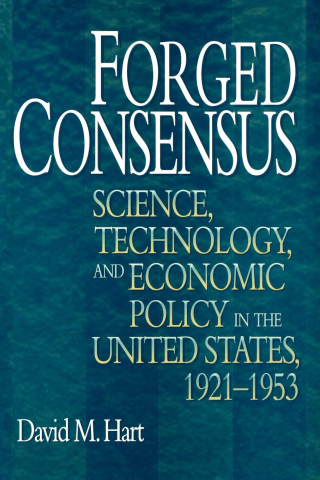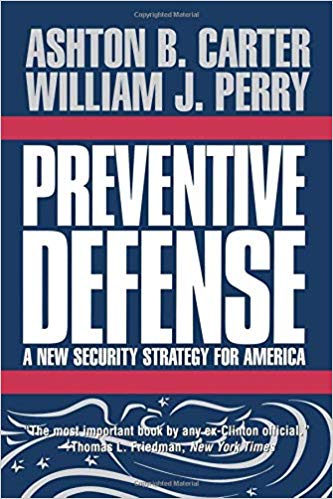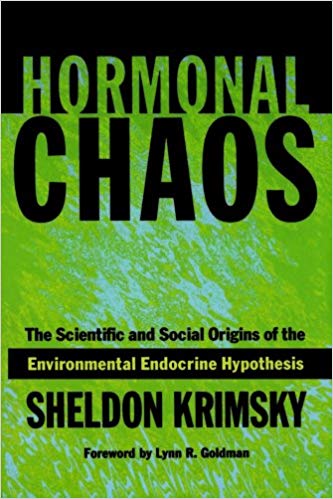The Delicate Balance: Environment, Economics, Development
Every issue explores cutting-edge developments in technology, medicine, education, climate change, and much more. Articles provide in-depth analyses of science and technology’s impact on public policy, the economy, and society—bringing today’s best minds to bear on tomorrow’s most critical topics.
Editor's Journal
Let Them Eat Pixels
President Clinton says, “Our big goal should be to make connection to the Internet as common as connection to telephones is today . . . We want to join with the private… Read More
From the Hill
From the Hill – Spring 2000
Clinton again proposes big budget increases for NIH, NSF President Clinton would boost total spending on federal research and development (R&D) by 3 percent to $85.3 billion in the fiscal year (FY)… Read More
Real Numbers
Biodiversity and population growth
How important is population growth to current global biodiversity loss? Although there is no credible numerical answer to that question, the bulk of the evidence suggests that population growth is and has… Read More
Features
Paying for the Next Big One
Our system for financing recovery from natural disasters is in shambles. New policies that promote shared risk and responsibility are needed.The Illusion of Integrated Pest Management
USDA and EPA struggled to come up with a workable definition of IPM and a suitable way to assess its level of adoption. This is not surprising, given the apparent confusion among… Read MoreU.S. Fighter Modernization: An Alternative Approach
During the next few decades, the Air Force, Navy, and Marine Corps plan to buy three new types of fighters, some 3,700 aircraft altogether, at a cost likely to reach nearly $340… Read MoreCan Peer Review Help Resolve Natural Resource Conflicts?
Congress, businesses, environmental organizations, and religious groups are all calling for peer review systems to resolve conflicts over the protection of this nation’s natural resources. A recent opinion poll found that 88… Read MoreForging Environmental Markets
To achieve a truly sustainable environment, we must recognize that environmental improvement and economic growth can and do go hand in hand–that environmental improvement is a market just like any other. Indeed,… Read MoreEcosystem Data to Guide Hard Choices
Although the native fish of Lake Victoria in Africa have long supported a productive local fishery, several other species of fish were introduced during the 1900s in an attempt to increase production.… Read MoreSpring 2000 Update
Richardson acts to save DOE’s research parks In “Preserving DOE’s Research Parks” (Issues, Winter 1998), we argued that some of the nation’s most irreplaceable outdoor laboratories for scientific research and… Read MoreConservation in a Human-Dominated World
Forging a tangible connection among environment, development, and welfare is a formidable challenge, given the complex global interactions and slow response times involved. The task is made all the harder by quickening… Read More
Book Reviews

Shaping Science Policy
This is a path-breaking book, destined to influence subsequent academic discussion and historical interpretation of its important topic. David Hart, for the very first time, analyzes the history of public policy debates… Read More
After the Cold War
In late 1992, Ashton Carter and William Perry joined John Steinbruner in writing A New Concept of Cooperative Security, a seminal study published by the Brookings Institution. The study’s thesis, subsequently… Read More
Nuclear Weapons
Since India and then Pakistan exploded nuclear devices in May 1998, the world has been grappling with the consequences. In this hefty history of Indian nuclear policy from its origins until the… Read More
The Endocrine Disrupter Hypothesis
Concerns about chemicals possibly affecting human and animal health through mimicry of or interference with normal hormonal processes (so-called “endocrine disruption”) have grown among environmental scientists and toxicologists and have increasingly been… Read More
Magical Thinking
What are we doing wrong? Or more to the point, what is it we’re not doing? Science, the ultimate product of rational thought, is on a roll: One ancient scourge after another… Read More
Archives – Spring 2000
James Craig Watson In the mid-19th century, a slight anomaly in Mercury’s orbit proved a bafflement to astronomers. Unable to reconcile observation to what Newtonian mechanics predicted regarding the planet’s path, French… Read More
